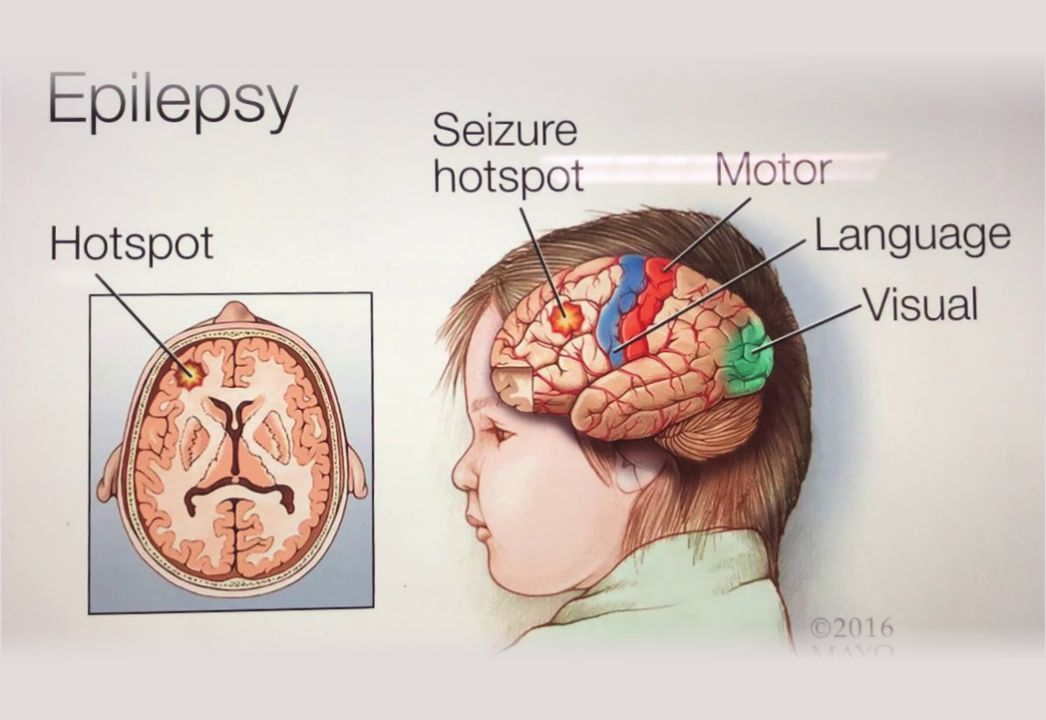
Epilepsy is a neurological disorder characterized by recurrent seizures. These seizures can be caused by a variety of factors, including genetics, head injuries, and certain medical conditions. While there is no cure for epilepsy, there are a number of effective treatments available to help manage the condition and prevent seizures from occurring.
Here are some key points to keep in mind when considering epilepsy treatment:
The most common form of epilepsy treatment is medication. Anti-seizure drugs work by stabilizing the electrical activity in the brain, and are effective in preventing seizures in many patients. There are many different types of anti-seizure drugs available, and the choice of medication depends on the patient's specific needs and the type of seizures they are experiencing.
For some patients with epilepsy, surgery may be an effective option. This can involve removing the part of the brain that is causing the seizures, or placing a device in the brain to help control electrical activity. While surgery can be highly effective in preventing seizures, it is typically only recommended for patients who have not responded well to medication.
The ketogenic diet is a high-fat, low-carbohydrate diet that has been shown to be effective in reducing seizures in some patients with epilepsy. The diet works by promoting a state of ketosis, in which the body produces ketones as an alternative fuel source for the brain. While the ketogenic diet can be effective in some cases, it is generally considered a second-line treatment option and is typically only recommended for patients who have not responded well to medication.
In addition to medication, surgery, and the ketogenic diet, there are a number of lifestyle changes that can help to manage epilepsy and reduce the risk of seizures. These can include getting enough sleep, managing stress, avoiding triggers (such as flashing lights or certain foods), and staying hydrated.
Living with epilepsy can be challenging, both for patients and their loved ones. It's important for patients to have access to support and education, including resources like support groups, counseling, and educational materials. This can help to improve quality of life and reduce the impact of the condition on daily life.
In summary, while epilepsy is a complex and challenging condition, there are many effective treatments available to help manage seizures and improve quality of life. Medications are the most common form of treatment, but surgery, the ketogenic diet, and lifestyle changes can also be effective in some cases. With the right treatment plan and support, patients with epilepsy can live full and rewarding lives.